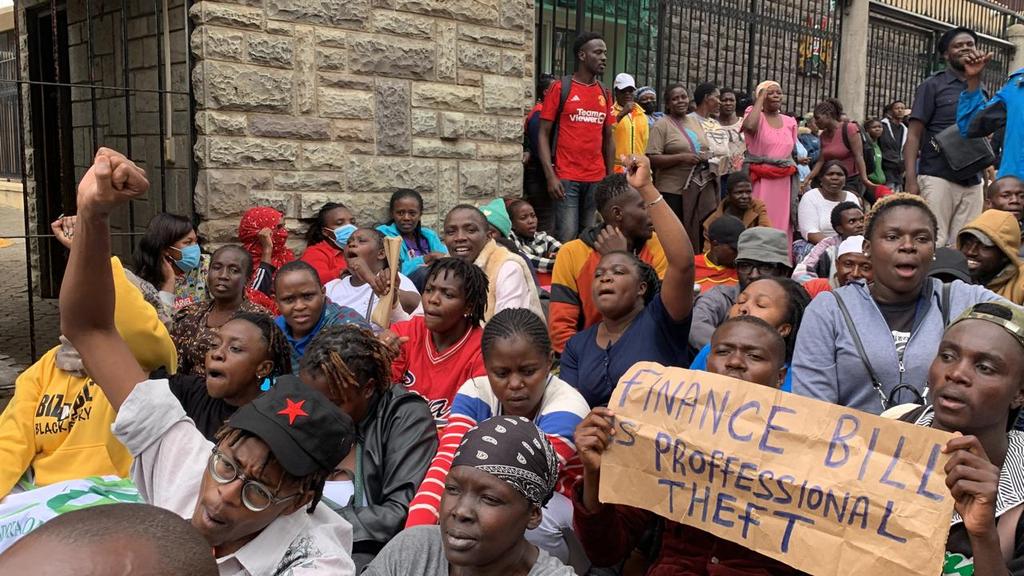Kenya’s government has yielded to public pressure by withdrawing several proposed tax increases following intense protests in Nairobi. The presidency announced amendments to a contentious finance bill, scrapping plans for a 16 percent value-added tax (VAT) on essential items such as bread, sugar transportation, financial services, and foreign exchange transactions, along with a 2.5 percent Motor Vehicle Tax.
The decision came amidst chaotic scenes near the parliament building where demonstrators, under the banner “Occupy Parliament,” clashed with police deploying tear gas. Civil society groups reported that 210 individuals, including protesters, journalists, and rights observers, were arrested during the unrest.
“We demand the immediate and unconditional release of all arrested protesters and observers,” insisted Amnesty Kenya, highlighting concerns over the treatment of those detained.
The right to peaceful assembly is guaranteed under Kenya’s constitution, though organizers are required to inform police beforehand. Despite claims by Nairobi Police Commander Adamson Bungei that no permission had been granted for the protests, activists argued that authorities typically approve such demonstrations unless security risks are identified.
Criticism of the proposed tax changes has been widespread. President William Ruto’s administration had aimed to boost revenue and reduce borrowing with these measures, following similar controversial fiscal moves in previous years.
Opposition leader Raila Odinga condemned the bill as overly burdensome for the poor, urging legislators to amend it to alleviate hardship.
Lawmakers are set to commence a detailed review and voting process on the budget legislation over the next two days, amidst continued public and political scrutiny.

